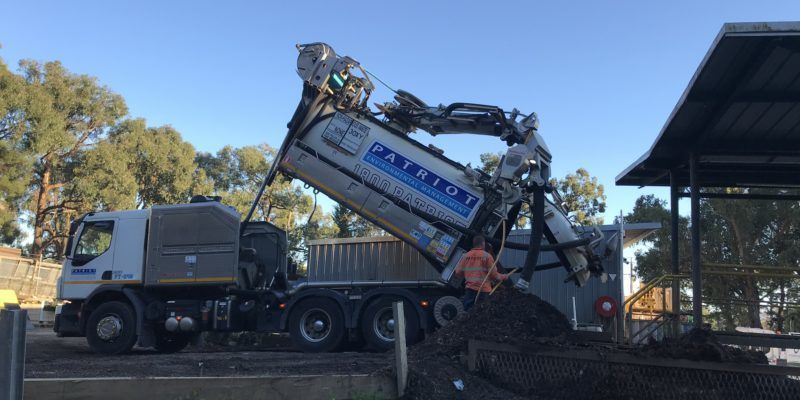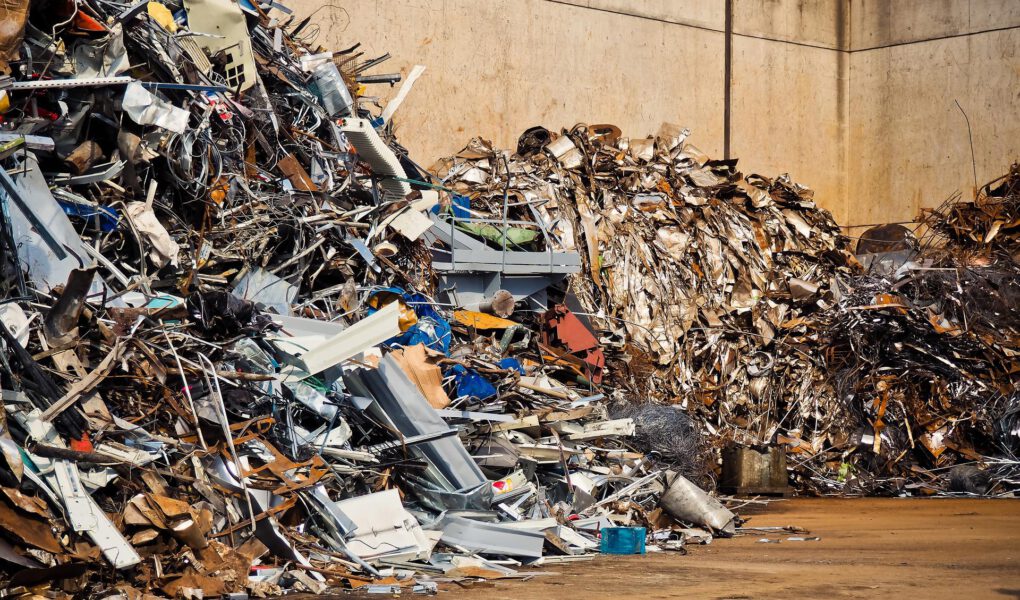As we navigate towards a more conscientious way of life, isn’t it about time we discuss the elephant in the neighborhood; waste management? How efficiently do we handle our home waste? Do we stop to ponder over our daily trash trajectory? Introducing a significant element of sustainable living efficient waste disposal facility management, a concept often swept under the carpet (or the bin lid, in this case).
In this digital era, embracing eco-friendly choices should extend beyond sourcing organic produce and reducing plastic use, seeping effortlessly into the fabric of our abodes. As households, we become petite ecosystems contributing to the larger environmental picture. Thus, managing waste disposal effectively becomes pivotal. Today, we delve into this intriguing topic and shed light on how managing waste disposal facilities efficiently holds the key to crafting sustainable homes.
Deconstructing and comprehending complex topics like waste management might seem daunting, but stay with us. We promise you an enlightening journey integrating interesting facts, actionable tips, and advice from industry experts, all peppered with striking visuals to keep you glued to this read!
The What and Why of Waste Disposal Facility Management
An understanding of our home’s waste management footprint opens doors to multiple strategic and eco-conscious alternatives. While the what part is clear – it’s about efficiently managing how we dispose of our waste, understanding its precise importance often gets obscure.
Essentially, this involves a systematic approach to handling household waste – reducing, reusing, recycling wherever possible. It entails an understanding of waste segregations, timely disposals, and appropriate recycling methods. A brilliant start to achieving a coral reef-free bathtub, wouldn’t you agree?
Why is this crucial? Two words – environmental conservation. Mismanagement in waste disposal leads to landfills brimming with garbage, releasing toxic gases and leachate, which pose severe threats to soil, air, and water quality. Contemplating growing herbs in your balcony but scared about pollution? Effective waste management might just offer a solution.
Delving into Home Waste Characterisation
Understanding your waste is a crucial first step towards proficient facility management. Classifying waste into biodegradable, non-biodegradable, and recyclable categories can provide crucial insights into designing personalised disposal management systems.
Bones left from your pet’s meal, residual salad greens, kitchen wipes – all contribute to the enormous pile of biodegradable waste sourced from households daily. Managing them efficiently can be as simple as composting using DIY home kits. Cool, isn’t it?
Non-biodegradable waste, however, requires careful handling. These include plastic bottles, aluminium cans, electronic gadgets, contributing significantly to environmental pollution. Separating these for recycling can work wonders in minimizing environmental footprint.

Implementing Efficient Systems at Home
Creating a well-structured and effective waste disposal system at home might seem intimidating, but it’s relatively simple. All it needs is an initial investment of time and methodical planning.
Begin with proper segregation – dedicate separate bins for different waste categories, and encourage everyone in the household to adhere to it. This system ensures that recyclable waste ends up where it should – at the recycling facility – and not in landfills, choking the earth.
Next, consider composting. Transform kitchen waste into nutrient-rich compost for your home garden. This small step would contribute significantly towards waste reduction.
Finally, opt for responsible disposal of harmful waste such as batteries, electronic gadgets, and hazardous chemicals. Local waste management facilities offer services for handling such items safely.
The Pros and Cons
Effective waste disposal facility management brings along a plethora of benefits. Not only does it contribute to environmental conservation but also fuels recycling, which can save resources and energy. Moreover, it makes our homes greener and healthier.
However, challenges arise due to a lack of awareness and misconceptions about waste management. It might also require a certain level of commitment, which can seem daunting to households already packed with affairs to attend to.
Adopting Sustainable Waste Management – An Expert’s Insight
Discussing efficient waste management practices, Felicity Green, an environmental consultant opines, “The journey begins at home. By adopting responsible ways of handling waste, households can play a crucial role in reducing stress on our environment.”
Implementing such practices might require considerable behaviour changes at first, but once set, it runs like a well-oiled machine, Felicity assures.
Conclusion
As we strive towards sustainable living, weaving in effective waste disposal facility management into our daily routines is non-negotiable. Understanding our waste, segregating, recycling, and responsibly discarding are integral parts of this equation.
Embracing these practices promises a greener ecosystem and houses filled with the aroma of freshly blooming flowers instead of garbage bins. Above all, it allows us to contribute to the larger global cause of sustainability, right from our kitchens and living rooms.



